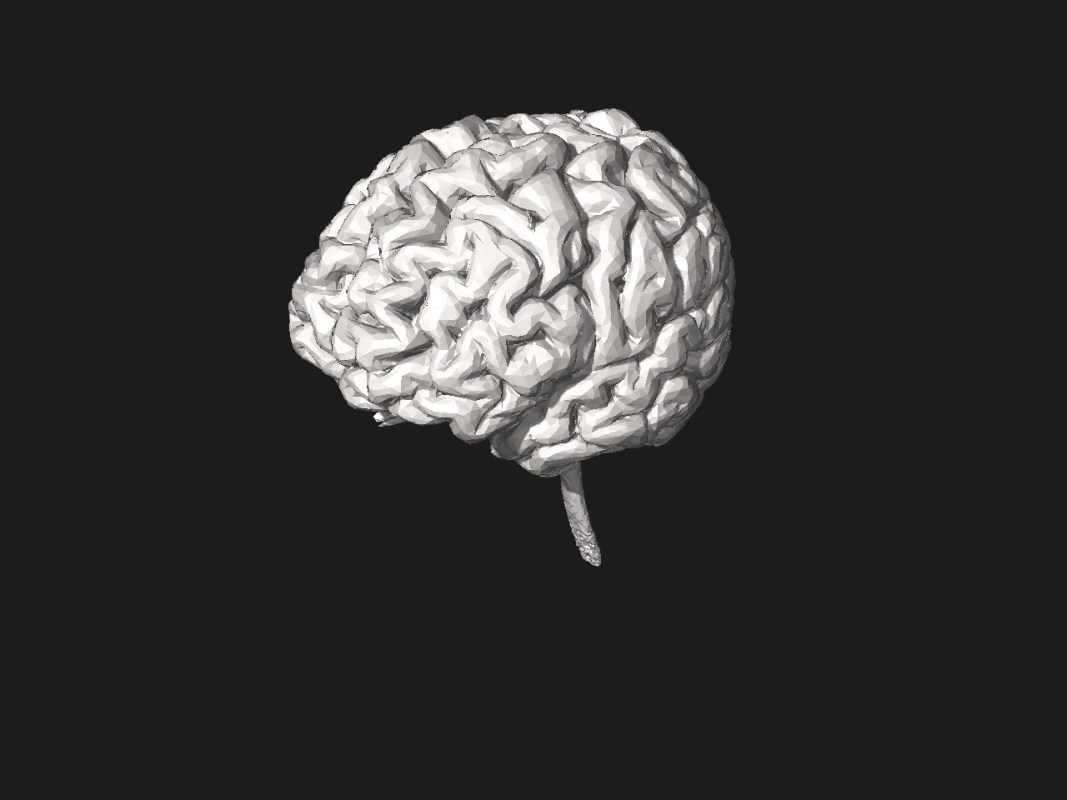The human brain is a fascinating thing, capable of governing a host of bodily functions and processes simultaneously in ways science has yet to fully comprehend. Though perhaps that could be phrased more accurately as “the human brains,” based on the results of new research. The human nervous system is more complex than we once thought, and this new discovery makes that eminently clear.
A new article in Popular Mechanics by Caroline Delbert explores a number of new findings related to the enteric nervous system, or ENS — also known as the “gut brain.” As Delbert notes, this plays a significant part in most people’s lives. “Your digestive system has a daily job to do as part of your metabolism,” she writes, “but it’s also subject to fluctuations in functionality, and otherwise related to your emotions.”
The study, recently published in Nature, explored the enteric nervous system in a series of mice. An article by Julia Ganz offers some context for the scientists’ findings, and explains why this research has been so groundbreaking when other studies have not. To cite one example, the study may help scientists get to the bottom of some diseases and chronic conditions.
“The genetic basis for many ENS disorders has not been determined yet, which is also due to a gap in knowledge of genes that regulate ENS development,” Ganz writes. “Functionally evaluating genes that underlie neuronal differentiation will contribute to identifying new candidate disease genes.”
Much like the brain in your head, the gut brain is a complex structure. Now, however, we’re a step closer to understanding just how it functions.
Thanks for reading InsideHook. Sign up for our daily newsletter and be in the know.

















